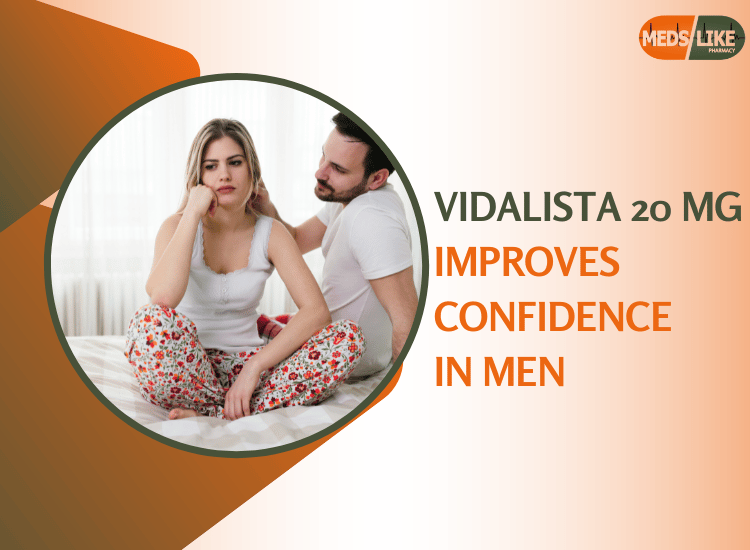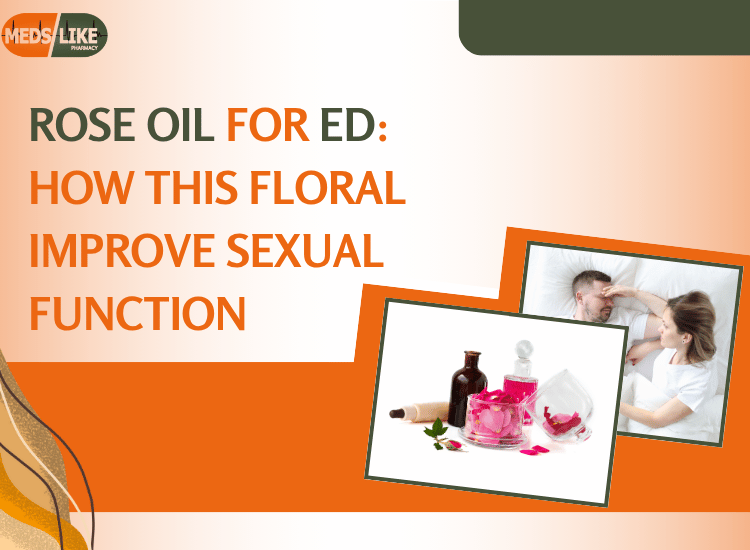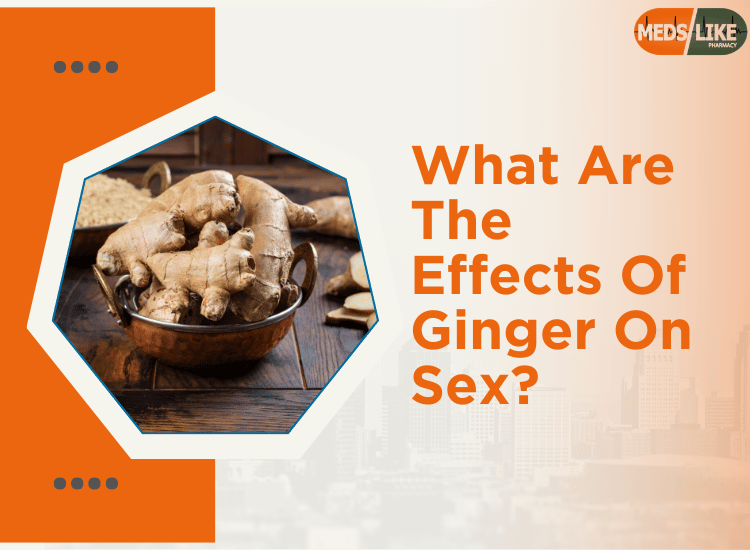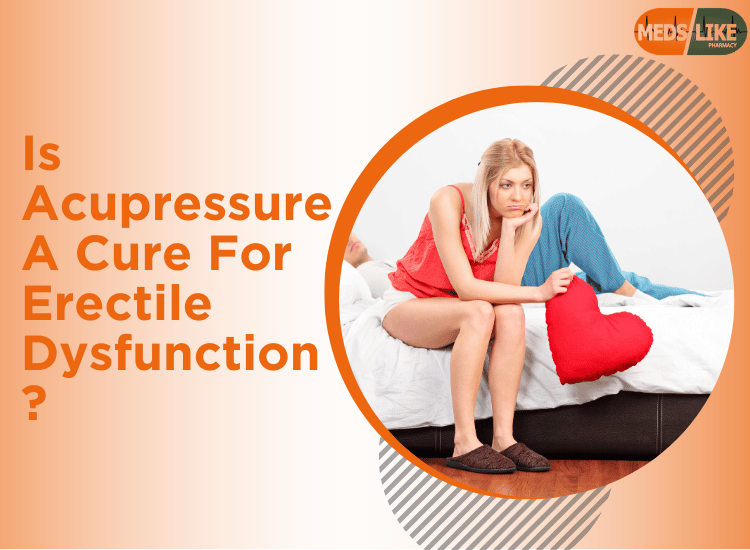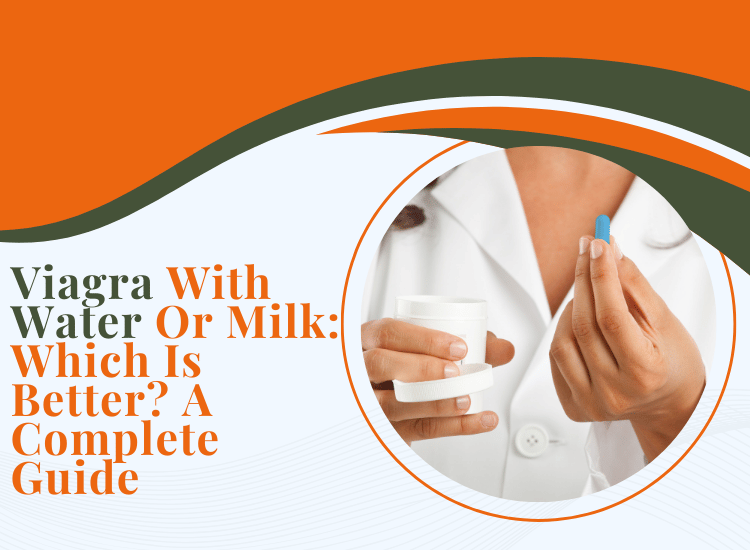Alcohol, often referred to as a social lubricant, is known for its ability to ease inhibitions and foster relaxation. However, its impact on a woman’s sexual health is a complex interplay of biological, psychological, and social factors. While occasional moderate drinking might enhance intimacy in some scenarios, excessive or chronic alcohol consumption can have serious repercussions on sexual health and overall well-being. Understanding these effects is key to making informed decisions about alcohol and its role in your life.
The Relationship Between Drink and Sexual Desire
Alcohol is often celebrated for its ability to boost confidence and reduce anxiety, which can contribute to increased sexual desire in the short term. A glass of wine or a cocktail may help a woman feel more relaxed, making her more open to intimacy. This occurs because alcohol affects the brain’s reward system, temporarily heightening feelings of pleasure and relaxation.
However, excessive alcohol consumption can have the opposite effect. Research suggests that heavy drinking disrupts hormonal balance, particularly estrogen and testosterone, which are essential for maintaining a healthy libido. Chronic alcohol use can lead to diminished sexual desire, leaving women feeling disconnected from their partners or less interested in intimacy over time.
Alcohol and Arousal: A Double-Edged Sword
While alcohol might help women feel more confident in the bedroom, it can also impair physical arousal. Alcohol is a depressant that slows down the central nervous system, reducing blood flow to key areas of the body, including the genitals. This can lead to difficulty achieving or maintaining arousal, even when a woman feels mentally interested in engaging in sexual activity.
Increased alcohol levels can also dull sensitivity, which may make it harder for women to experience physical pleasure. Over time, this disconnect between mental desire and physical response can cause frustration and impact the quality of intimate relationships.
The Impact of methanol on Sexual Performance
Alcohol-induced impairments aren’t limited to men—women are equally affected when it comes to sexual performance. When consumed in large quantities, alcohol can decrease coordination and stamina, which are essential for pleasurable sexual activity. Women may feel physically tired, less responsive, or struggle to stay engaged during intimacy.
Furthermore, alcohol often affects cognitive function, impairing communication between partners. Without clear and honest communication, misunderstandings and dissatisfaction may arise, leading to a less fulfilling sexual experience for both parties.
Emotional Intimacy and Alcohol Use
For many women, emotional connection plays a significant role in their sexual experiences. Menthol can alter how women perceive intimacy, creating a false sense of closeness or reducing emotional sensitivity. While this might seem beneficial in situations where inhibitions need lowering, it can lead to regret or confusion after the alcohol wears off.
For women in long-term relationships, alcohol can sometimes be a barrier to genuine intimacy. Over-reliance on smoke to facilitate closeness may prevent partners from addressing underlying emotional or relational issues, ultimately harming the relationship.
Long-Term Effects of Smoke on Women’s Sexual Health
Chronic alcohol use can have profound effects on a woman’s sexual health, including:
- Hormonal Imbalances: Prolonged drinking disrupts the production of hormones critical for sexual health, including estrogen and progesterone. This can result in irregular menstrual cycles, decreased libido, and even infertility.
- Increased Risk of Infections: Alcohol weakens the immune system, making women more susceptible to sexually transmitted infections (STIs) and urinary tract infections (UTIs).
- Reduced Fertility: Women who drink excessively may experience difficulties with ovulation, reducing their chances of conception.
- Mental Health Challenges: Depression, anxiety, and low self-esteem, which are often linked to heavy drinking, can further diminish sexual interest and satisfaction.
How Alcohol Affects Consent and Safety
One of the most critical aspects of drink and sexuality is its effect on consent and safety. Alcohol impairs judgment, making it difficult for women to make informed decisions about engaging in sexual activity. This can lead to situations where boundaries are crossed or consent is unclear.
For this reason, it’s essential to practice mindfulness and prioritize safety in any scenario involving Menthol and intimacy. Setting limits on drinking and discussing boundaries with partners beforehand can help reduce risks and promote healthy relationships.
Striking a Balance: Alcohol and Sexual Health
While alcohol isn’t inherently “bad,” its effects on a woman’s sexual health depend on the amount consumed and the context in which it’s used. Moderation is key. The occasional drink can enhance relaxation and intimacy, but overindulgence may lead to unintended physical and emotional consequences.
To maintain a healthy balance:
- Stick to recommended Drink guidelines (one drink per day for women).
- Be mindful of how alcohol affects your mood and body.
- Communicate openly with your partner about boundaries and expectations.
How to Navigate Alcohol-Free Intimacy
For women seeking to enhance their sexual experiences without alcohol, there are plenty of alternatives to foster connection and relaxation. Engaging in mindful activities like yoga, meditation, or deep breathing can help reduce stress and anxiety. Exploring sensual activities, such as massage or shared hobbies, can also reignite intimacy without the need for Drink.
Conclusion
Alcohol’s impact on a woman’s sexual health is multifaceted, influencing everything from desire and arousal to emotional intimacy and physical performance. While moderate alcohol consumption might enhance certain aspects of intimacy, excessive use can lead to long-term negative effects. By understanding how alcohol affects a woman sexually, women can make informed decisions that support both their sexual health and overall well-being.
FAQs
Can alcohol cause difficulty with arousal?
Yes, alcohol reduces blood flow and sensitivity, making it harder for women to become aroused.
Is it safe to rely on Drink for intimacy?
Relying on alcohol for intimacy can harm emotional and physical connections over time.
Does alcohol affect fertility in women?
Yes, heavy drinking can disrupt ovulation and decrease fertility in women.
Can Drink increase the risk of infections?
Yes, Drink weakens the immune system, making women more susceptible to infections.


